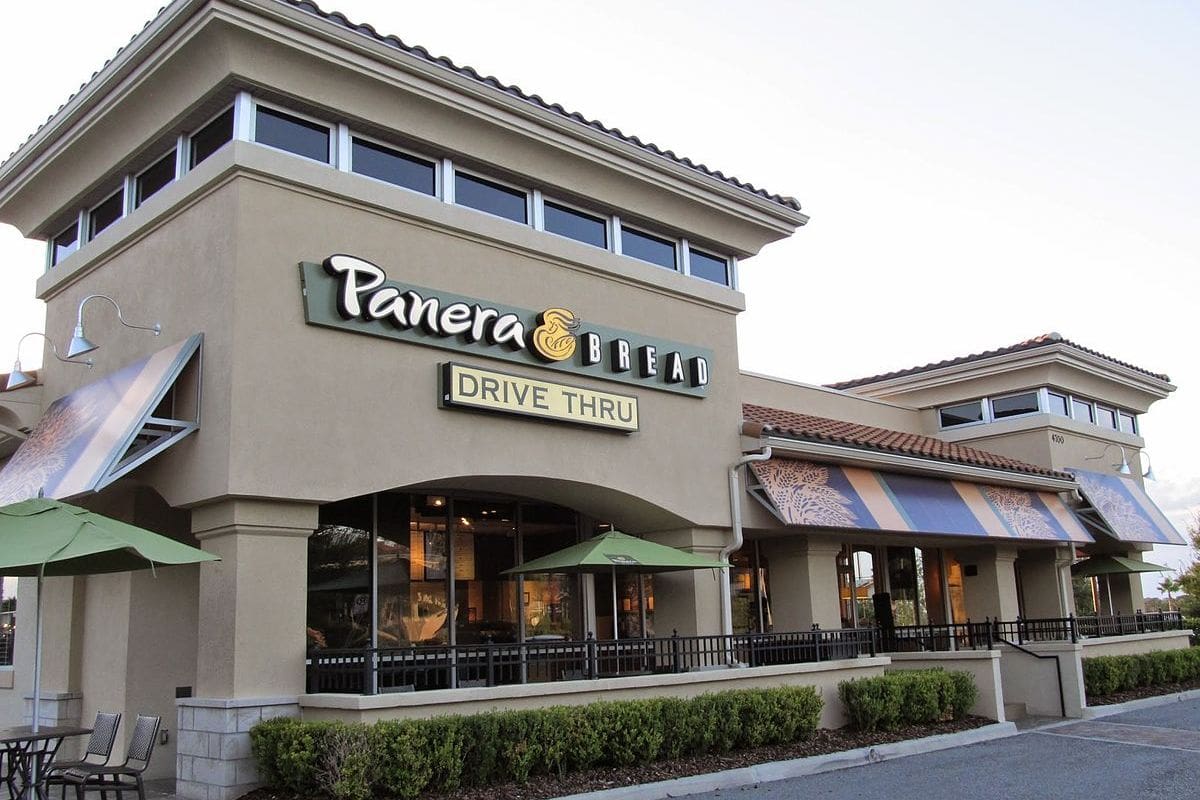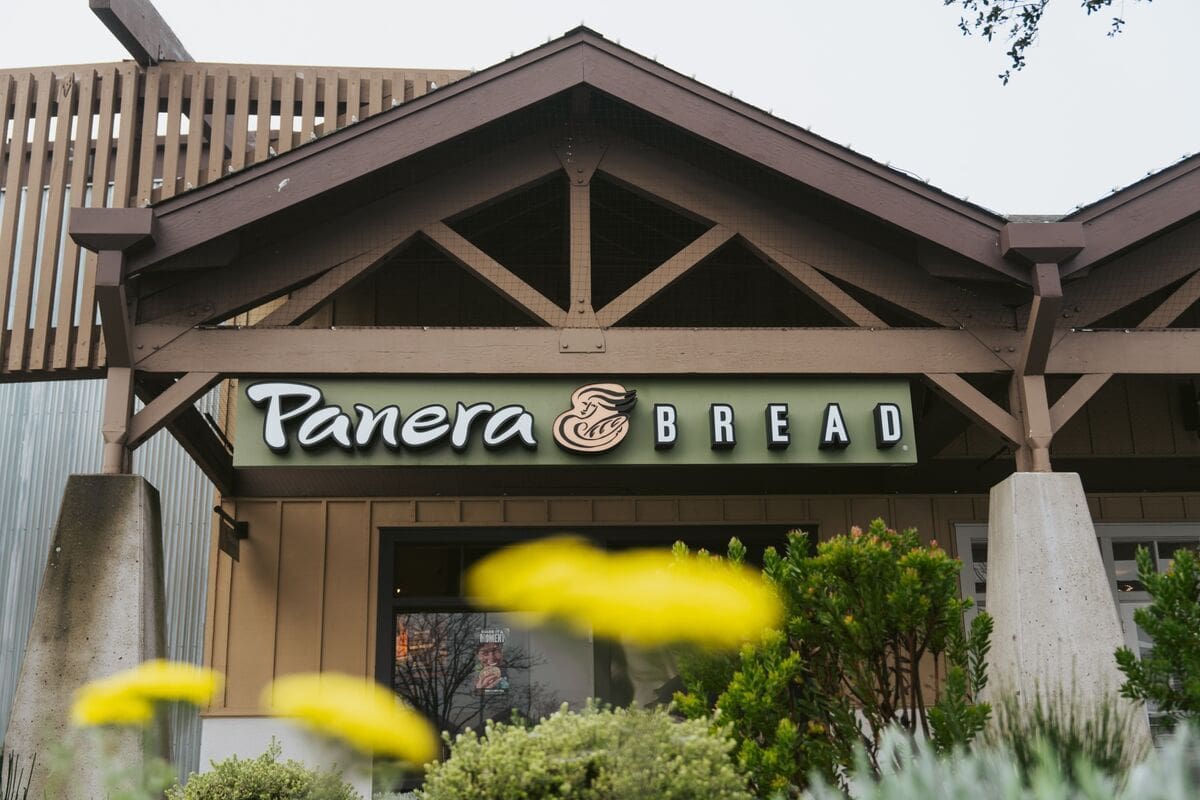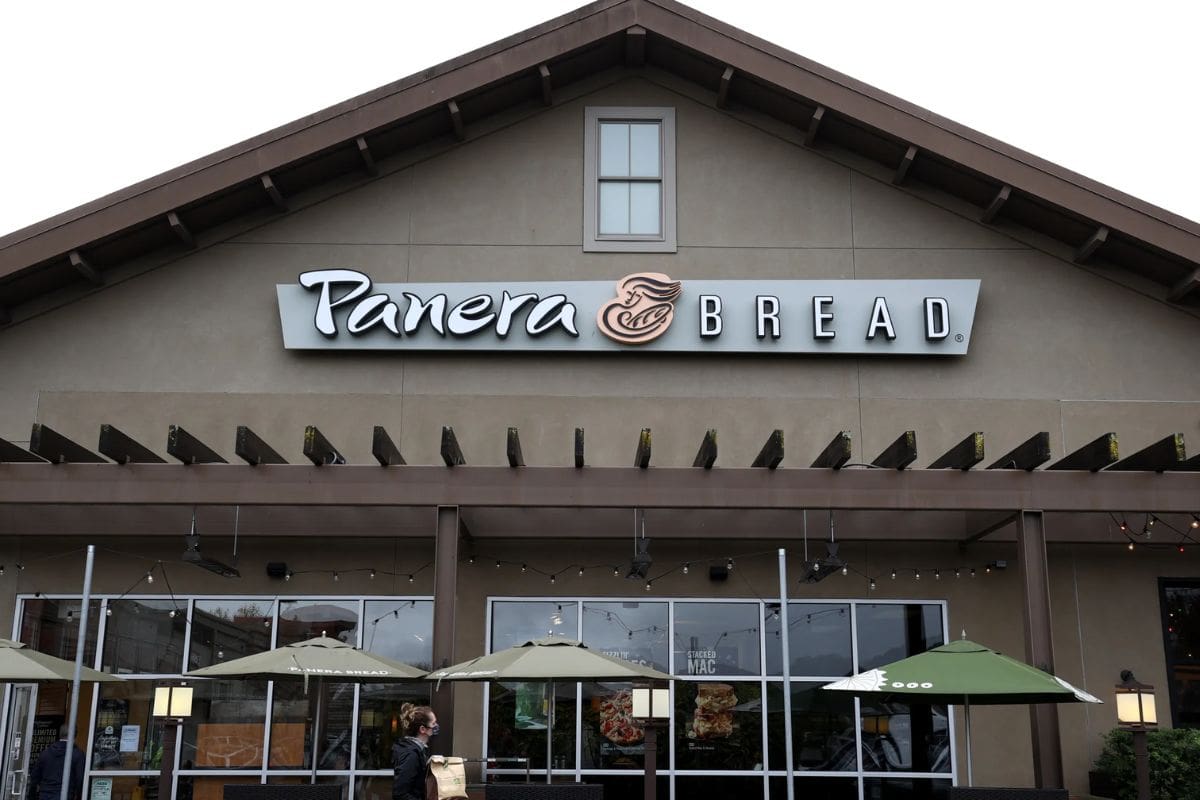Panera Bread Spared From New Wage Law: Did you know that Panera Bread employs over 100,000 workers across its various locations?
The recent exemption the company received from a new wage law in California has sparked controversy.
As you the intricate web of connections between Panera Bread, Governor Newsom, and the legislative process, you will uncover a story that goes beyond mere business dealings.
Stay tuned to unravel the layers of influence and decision-making that have left many questioning the fairness of this exemption.
Legislative Changes Impacting Fast-Food Workers
The legislative changes impacting fast-food workers in California have sparked a significant shift in the industry, particularly with the recent exemption of Panera Bread from a new law raising the minimum wage to $20 per hour. This exemption has stirred discussions and debates regarding the implications of such a decision on the overall landscape of the fast-food sector. With California fast-food workers soon to become the highest-paid in the nation, the repercussions of this exemption extend beyond just Panera Bread, affecting around 500,000 workers statewide.
The exemption granted to Panera Bread underlines a nuanced aspect of the legislation that differentiates between various establishments within the fast-food industry. As lawmakers navigate through the intricacies of the law, questions arise about the criteria used to determine which companies qualify for such exclusions. Understanding the rationale behind these exemptions is crucial for both industry stakeholders and the general public to grasp the full scope of the legislative changes impacting fast-food workers in California.
Bread-Making Exemption and Legal Ambiguity
Navigating the intricate landscape of legislative exemptions, particularly regarding bread-making operations in fast-food establishments, sheds light on the legal ambiguity surrounding Panera Bread’s recent exemption from California’s minimum wage increase to $20 per hour.
The peculiar exemption centers around the definition of fast-food establishments, specifically excluding those that operate a bakery producing bread on-site. This emphasis on bread within the law has sparked inquiries into its underlying rationale. Governor Gavin Newsom has acknowledged the ambiguity, portraying it as a natural part of the legislative process.
The focus on bread-making operations highlights a nuanced aspect of the law, introducing complexity into an otherwise straightforward minimum wage increase. The legal intricacies surrounding this exemption raise questions about its intent and potential implications for other similar establishments.
As the debate continues, clarity on the specific reasoning behind this exemption is crucial for understanding its broader impact on wage laws and fast-food businesses statewide.
Newsom Involvement and Controversial Exemption
Amidst the growing controversy surrounding Governor Newsom’s involvement in the controversial exemption, questions arise regarding the influence of prominent donor Greg Flynn on the decision-making process. While Newsom maintains that the exemption was a result of the legislative procedure, reports hint at Flynn’s substantial influence due to his financial support of Newsom’s political campaigns. This connection raises concerns about the potential for bias and favoritism in the decision to spare Panera Bread from the new wage law.
—
| Newsom’s Involvement | Implications |
|---|---|
| Newsom’s advocacy for the exemption | Raises questions about objectivity |
| Influence of Greg Flynn | Raises concerns about donor influence |
| Reports of Flynn’s contributions | Suggests potential favoritism |
| Connection between donations and exemption | Highlights ethical considerations |
| Public scrutiny on decision-making process | Calls for transparency and accountability |
—
Flynn Denial and Behind-the-Scenes Influence
Greg Flynn’s denial of actively shaping the exemption contrasts with revelations from anonymous sources implicating his behind-the-scenes influence in urging the governor’s aides to reconsider the classification of fast-casual chains like Panera Bread. While Flynn maintains his lack of direct involvement, the anonymous accounts paint a different picture of his involvement in lobbying for favorable treatment of establishments like Panera Bread under the new wage law.
The discrepancy between Flynn’s public statements and the insider information raises questions about the extent of his influence and the transparency of the decision-making process surrounding the exemptions. If the allegations are true, Flynn’s actions could suggest a level of manipulation behind the scenes to secure preferential treatment for fast-casual chains, potentially benefiting his own interests as a Panera franchisee.
As the situation unfolds, further scrutiny into Flynn’s connections and motivations may be necessary to fully understand the dynamics at play and the implications for both the industry and the workforce affected by the wage law exemptions.
Impact on Workers and Industry Landscape
The exemption granted to Panera Bread under California’s new wage law has sparked significant repercussions for both fast-food workers and the broader industry landscape. With the highest guaranteed base salary for fast-food workers in California, the new law forces a reassessment of wage standards across the sector.
Notably, the state’s existing $15.50 per hour minimum wage for other workers emphasizes the profound impact on the fast-food industry. This exemption raises questions about fairness and equity, as other fast-food chains may seek similar treatment, potentially leading to disparities in wages within the industry.
Moreover, the competitive dynamics in the fast-food market could shift as companies navigate these new wage regulations. As workers and industry stakeholders adapt to this evolving landscape, the long-term consequences of Panera Bread’s exemption will likely shape future discussions on wage laws and their effects on both workers and businesses in California’s fast-food sector.
Also Read: Illinois Governor Takes a Stand Against California Emission Rules
News In Brief
Panera Bread, with over 100,000 employees nationwide, recently secured an exemption from California’s new minimum wage law, set to increase fast-food workers’ pay to $20 per hour. The decision, effective April 1, has ignited controversy, especially given Governor Gavin Newsom’s alleged involvement and ties to Panera franchisee Greg Flynn, a significant donor. The exemption, specific to establishments producing bread on-site, raises legal questions and concerns about fairness. As discussions unfold, scrutiny intensifies on Flynn’s influence, potential behind-the-scenes lobbying, and the broader impact on California’s fast-food industry, affecting approximately 500,000 workers. The intricacies of this exemption prompt a closer examination of its implications on wage standards and industry dynamics statewide.




